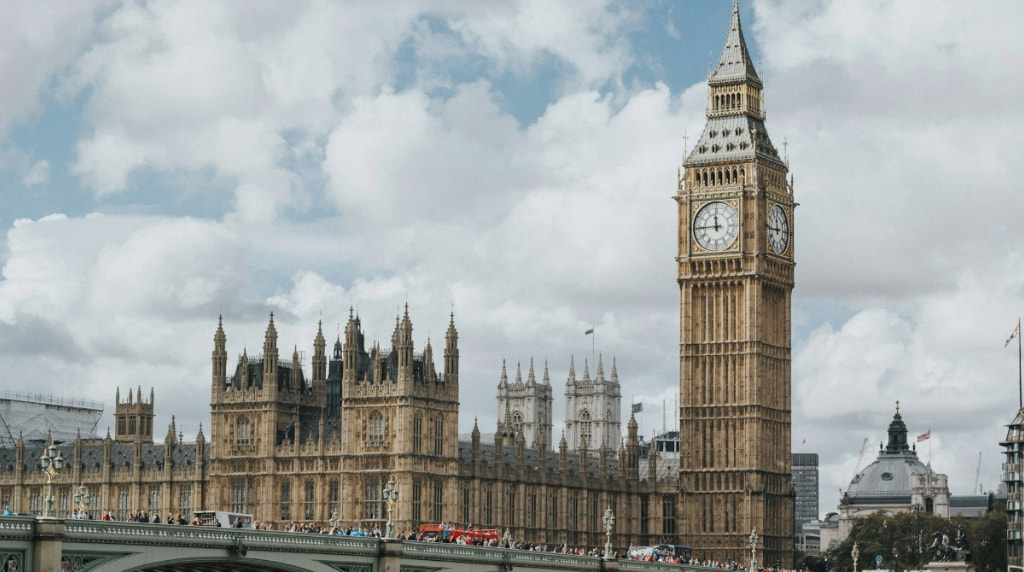Chilean TV Channels Warned for Illegal Betting Ads
Chile’s Superintendency of Gaming Casinos (SCJ) has officially warned four TV channels which have aired commercials for various online gaming websites. The SCJ classifies this as illegal activity, though it is unclear yet whether the broadcasters will suffer any consequences from their actions. This issue is connected to the ongoing debate over online gambling in Chile.

Chile’s gaming authority is struggling to curb TV advertisements of illegal online gaming platforms.
aj_aaaab/Unsplash
Chile’s struggle with online gaming legalization comes to a head
Chile’s SCJ, the primary gaming overseer, has made a public statement about broadcasts by four different TV channels in the country. These operators have allegedly played advertisements from more than 30 different online gaming platforms.
According to the SCJ, these platforms include Betsson, Betano, Betway, Coolbet and JackPotcity. Many of these are internationally operating betting sites, which do collect bets legally in other territories.
The problem in Chile is that online betting is still part of a gray area of the law, though the SCJ sees it as black and white. According to their leader, superintendent Vivien Villagrán, this is a clear infraction of the law, given that only a few types of gaming are legalized in Chile at the moment.
These regulated games include lottery, land-based casinos, racing tracks and other games of chance managed by Lotería de Concepción and Polla Chilena de Beneficencia. For Villagrán it is clear that other types of gaming in Chile are not legally recognized and that broadcasting advertisements for them is therefore illegal.
The four accused TV channels are: Channel 13, CHV, Mega and TVN. The channels may face consequences due to a recent bill to ban advertising of online casinos in Chile, which received majority approval in the Chamber of Deputies.
The main issue is that until online gaming is legalized and regulated in Chile, online platforms operate in a kind of no man’s land of the law. Players can access these sites — which are mostly operated by foreign companies — within Chile and can win money. But their activities are neither protected nor supported by the government.
This opens players up to vulnerabilities if any difficulty arises in receiving payments, for example. Overall, that risky situation could be solved if Chile finally regulated gaming. There is much support for this as it would also be a major income generator, since the government could then collect tax on online gaming revenue. It would also give the SCJ more power to act against companies that do not abide by the rules.
The SCJ has already filed many complaints concerning online betting operators in the country. By December 2022, 37 complaints had been filed with the Public Ministry on this topic alone. Chile also is not the only country struggling with this issue; nations throughout LATAM are dealing with the online gaming debate and how to regulate the industry going forward.
Gaming advertising bands in other countries
Several other nations have also banned, or created strict regulations, regarding gaming advertising. In 2021, Sweden categorized gaming advertising in the same arena as alcohol advertising, which created changes in an effort to reduce gambling behavior in minors.
In the same year, German ministers also tried to push the issue, though they were rebuffed by those in the gaming industry. Industry insiders argued that online gaming has been an immense help to the industry in light of Covid, and that it should not be limited with an advertising ban.
In Australia, the online sportsbook Sportsbet has been fined several times due to its illegal advertising practices. The Australian Gambling Association has struggled to discourage them with fines, since the company is so large.



